Far too risqué or far too tame: Why has Lady Chatterley’s Lover never really worked on screen?
A new version of ‘Lady Chatterley’s Lover’ is due to be released on Netflix later this year starring The Crown’s Emma Corrin but, says Geoffrey Macnab, filmmakers are never likely to find a satisfactory recipe, regardless of how often they keep on tinkering with the main ingredients
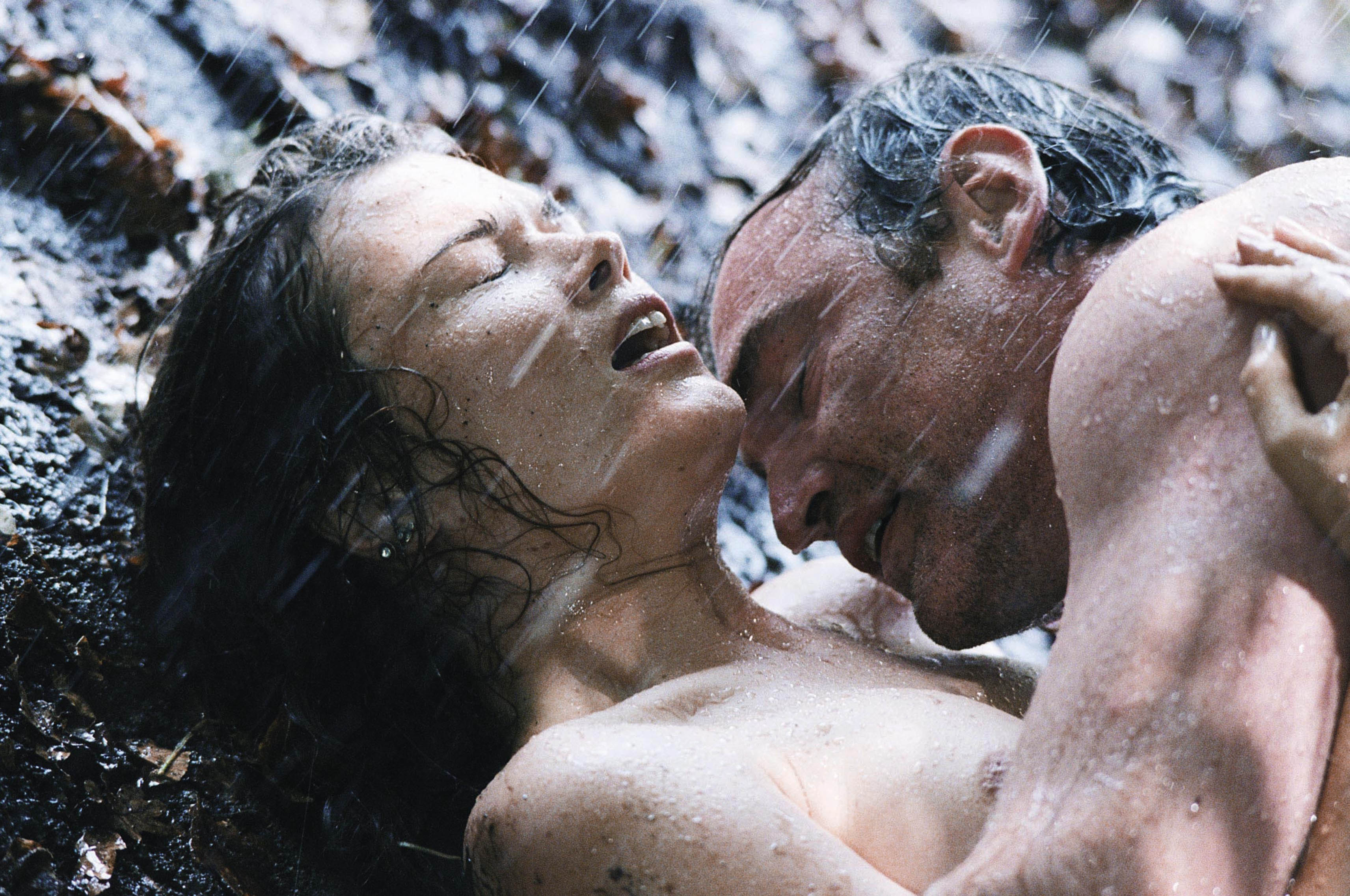
Advance information about the new Netflix version of Lady Chatterley’s Lover, due to be released later this year, is skimpy. We know that Emma Corrin (Princess Diana from The Crown) is playing Lady Constance Chatterley and that former Skins actor Jack O’Connell is the strapping gamekeeper, Oliver Mellors, with whom she has a torrid affair. The film is directed by Laure de Clermont-Tonnerre from a screenplay by David Magee who, a little incongruously, also wrote Mary Poppins Returns.
It’s a fair bet there will be some sex in the woods. Corrin’s Connie, like all the previous Lady Chatterleys, will be shaken when she has that “visionary experience”, as Lawrence calls it, of seeing Mellors “naked to the hips”, washing himself outside his little cottage. There is something about an undressed gamekeeper that brings out the aristocrat’s animal instincts.
We’ve seen it on screen before. There is Joely Richardson ogling Sean Bean in Ken Russell’s 1993 TV serial; Holliday Grainger spying on Richard Madden in the 2015 BBC drama; legendary French movie star Danielle Darrieux in the 1955 French version passionately making out with the Italian actor Erno Crisa; Emmanuelle star Sylvia Kristel in the steamy 1981 British screen adaptation frolicking with a moustached Nicholas Clay; and Marina Hands lovingly caressing Jean-Louis Coulloc’h as the gamekeeper, in Pascale Ferran’s French film, which won the Cesar Award for Best Film in 2007.
From the outside, though, it is perplexing that DH Lawrence’s novel is still being adapted for the screen after so many previous attempts, none of them really satisfactory.
Privately printed in 1928, the book had a notorious reputation, first with censors and then with feminist literary critics. It wasn’t available officially in the UK until 1960, 30 years after its author’s death – and then only after its publishers, Penguin Books, had been defendants in a six-day obscenity trial.
The trial was seen in hindsight as a pivotal moment in British social history, an event that heralded a more tolerant and permissive era, one less hung up on class and sexual repression. “Is it a book you would wish your wife or servants to read?” The prosecuting counsel asked during the case, inadvertently summing up the reactionary attitudes which kept the novel away from the British public for so long.
However, once the book was finally in general circulation. Lawrence was attacked for being what critic Kate Millett called an evangelist for “phallic consciousness”. “The celebration of sexual passion for which the book is renowned is largely a celebration of the penis of… [the] gamekeeper,” Millett wrote in her 1970 study, Sexual Politics.
By then, several Lawrence screen adaptations had already been made, among them Russell’s Women in Love (1969), which won Glenda Jackson an Oscar and which will be screened later this month as part of the BFI’s July celebration of Jackson’s career. Even earlier, Darrieux had appeared in the 1955 French version of Lady Chatterley’s Lover, directed by Marc Allégret.
In one telling scene in that film, the paraplegic Sir Clifford Chatterley, played by English actor Leo Genn, whose legs were crushed in the war, summons Crisa’s gamekeeper, after his wheelchair sticks in the mud. Sir Clifford is contemptuous toward Mellors but doesn’t realise his wife is holding the gamekeeper’s hand as they push the wheelchair together.
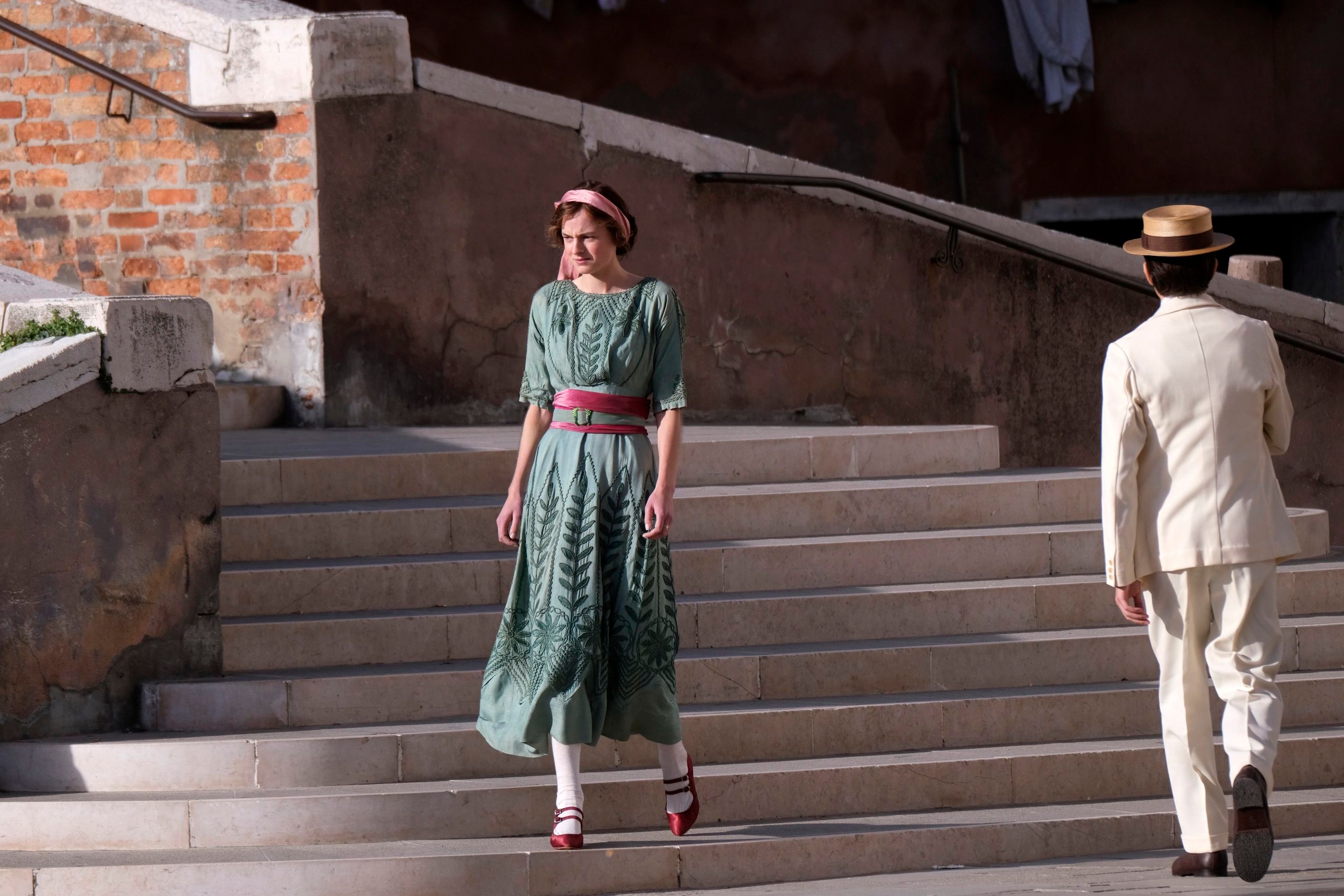
This was the first serious adaptation of Lady Chatterley’s Lover. It wasn’t as explicit sexually as its successors but the subject matter alone was enough to rile the censors. US authorities banned it on the grounds that it presented adultery “as a desirable, acceptable and proper pattern of behaviour”. As the New York Times critic Bosley Crowther later observed, this was a wilful misreading of Allégret’s movie. “It certainly does not present adultery as desirable or acceptable. It presents it as a fateful expedient to which a love-starved woman is impelled.” Even so, the distributors had to go all the way to the Supreme Court to get the ban overturned.
In the film, Sir Clifford, impotent himself, is desperate for an heir. His main complaint about Constance having an affair is that she hasn’t chosen a lover of her own class. “That lout… do you have to stoop to that level?” he fulminates late on in the movie.
Allégret’s version hinted at just why filmmakers in subsequent years would keep on returning to Lawrence’s novel – but also at why this remained such tough, intractable material. It had all the trappings of traditional country house drama but laid bare the prejudices and neuroses of its aristocratic protagonists. There were passionate trysts in the gamekeeper’s hut and some risqué dialogue. “Do you want more than my hand to take liberties with you?” Mellors asks Lady Constance in one seduction sequence. Allégret, though, seemed uncertain what kind of story he was trying to tell, whether this was a romance, a barbed social drama, or an erotic fable.
Lawrence’s novel quickly became the source for several very cheesy exploitation movies. In the US softcore porn movie, Young Lady Chatterley (1977), Lady Chatterley’s niece Cynthia discovers her aunt’s diary and promptly has an affair of her own with the gardener. This was followed by the equally prurient Young Lady Chatterley II (1985). The Italians got in the act with the equally smutty The Story of Lady Chatterley (1989).
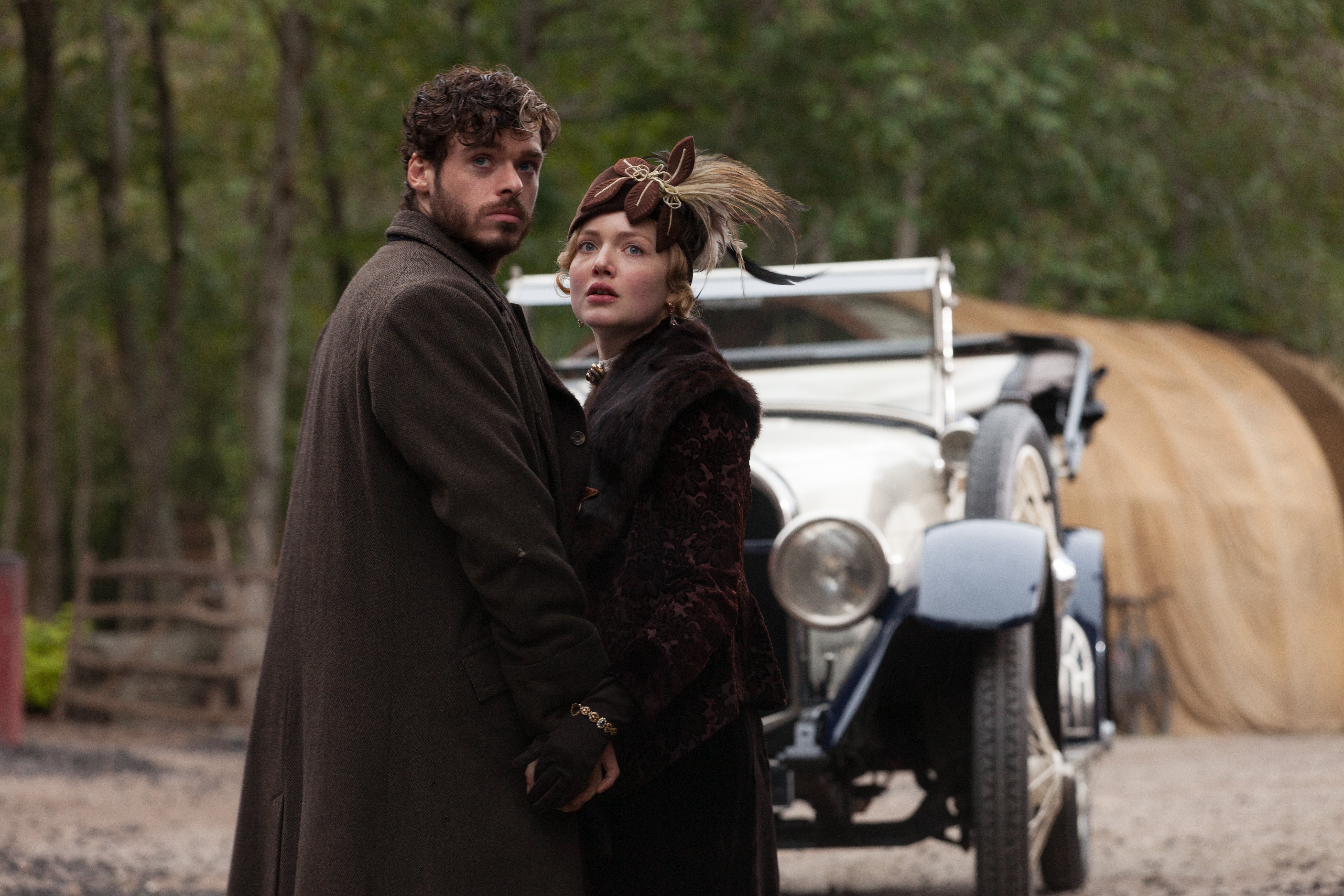
The British-made 1981 version, directed by Just Jaeckin and starring Kristel – the team who had collaborated on X-rated 1974 hit Emmanuelle – was a steamy but relatively faithful adaptation of the novel with surprisingly high production values. Again, though, this was a film without a clear identity, uncertain whether it should titillate audiences or engage them intellectually.
In his 1993 TV series adaptation, Russell tried to stay true to the spirit of Lawrence’s novel. He starts the film with a vicar in a church intoning Lawrence’s introductory words, “ours is essentially a tragic age, so we refuse to take it tragically”, as part of his sermon. However, by the third episode, when Bean’s gamekeeper sneers at Richardson’s Connie, “I’m yer ladyship’s f***er,” the drama has long since drifted off into bombastic absurdity.
Lawrence described his novel as “an honest, healthy book” but it has rarely been regarded in that light. He was writing frankly and in great depth about sex – a subject that has long been a source of terrified fascination for the British.
“Lawrence really manages to get inside Constance’s head, which is something Flaubert didn’t do with Madame Bovary. He was the first male novelist in the west to write such a marvellous portrait of a woman,” the French filmmaker Ferran said when she made her 2006 feature, Lady Chatterley. Winner of five César awards – the French equivalent to the Oscars – this is easily the most critically praised adaptation of the Lady Chatterley story. It was based on an earlier, less explicit version of the novel in which the gamekeeper is called Parkin, not Mellors.
Ferran’s version, starring Hands as Lady Chatterley, is less melodramatic than some of the other Lady Chatterley films. “I wanted to film physical love scenes: two people who fall in love and see sex as part of their relationship, as a harmony between body and mind,” the director explained about her deliberately matter-of-fact approach. “Sexuality as a constituent part of a relationship has often been badly served by cinema, so to film sex within a loving relationship was a challenge.”
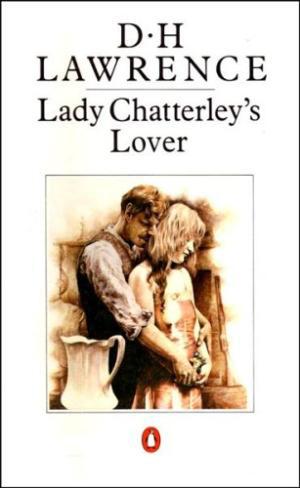
Critics called the film “sober” and “sensual”. Some also complained that it was also “bloodless” and far too long. However, it was treated with far more respect than any earlier version.
It’s a measure both of double standards and of how tastes change that Jed Mercurio’s 2015 BBC TV adaptation of Lady Chatterley’s Lover starring Grainger and Madden was attacked for not being scandalous enough. “What, no nudity?” complained the Daily Mail. “WHY would you remake Lady Chatterley’s Lover without the filth? It’s like having Doctor Who without Daleks or Snow White with no dwarfs,” grumbled the Daily Star.
There is an obvious paradox about Lawrence’s novel. It is regarded either as a pornographic male wish fulfilment fantasy, or, in spite of Millet’s criticisms, as a feminist story in which female sensuality is foregrounded. Most of the movie versions, though, have been made by men.
“Although Lawrence was writing as a man, he had an ability to tap into female sensuality. If you are a film director who doesn’t have that ability, when you portray female sensuality, it is always going to lack truth,” the cultural historian Dr Fern Riddell tells me about why she feels so many of the films have been so underwhelming.
“When I’ve watched previous adaptations, you sit down hoping it is going to capture the eroticism and sensuality without making it vulgar or something to be sneered at, titillation for titillation’s sake, and it never manages to hit that incredibly passionate, erotic height that you get from the text.”
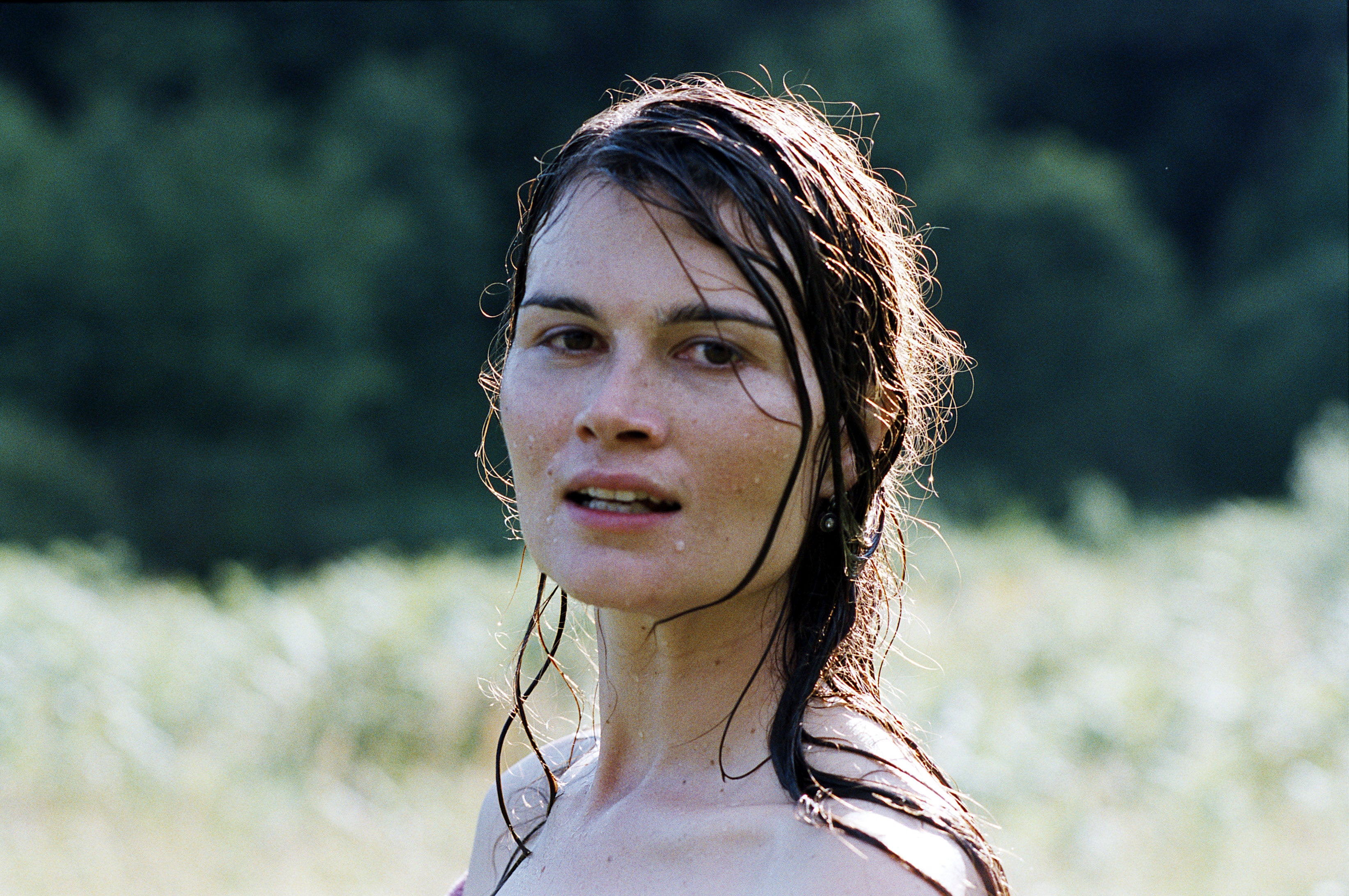
The novel itself has now been rehabilitated. Nobody sniggers much about Lawrence’s book anymore, but film versions, especially the British ones, haven’t been so fortunate. There is little chance that the new Netflix adaptation will be treated fairly. It will either be accused of being far too risqué or far too tame. The producers will be criticised if they leave the nudity and swearwords in – and they will be ridiculed if they leave them out.
“You absolutely have to have the sex. [But] the thing Lawrence does incredibly well in the novel is he manages to put the intellectual side of sexual passion with the physical side... unfortunately, what the films have done is separate it out into the purely intellectual or the purely physical,” Dr Riddell argues.
This, then, is one gamekeeper’s pie for which filmmakers are never likely to find a satisfactory recipe, regardless of how often they keep on tinkering with the main ingredients. It is therefore probably time they move on to something else.
The new Netflix adaptation of ‘Lady Chatterley’s Lover’ is due to be released later this year. ‘Women in Love’ screens at BFI Southbank as part of the BFI Glenda Jackson season on 2, 13 and 15 July






Join our commenting forum
Join thought-provoking conversations, follow other Independent readers and see their replies
Comments